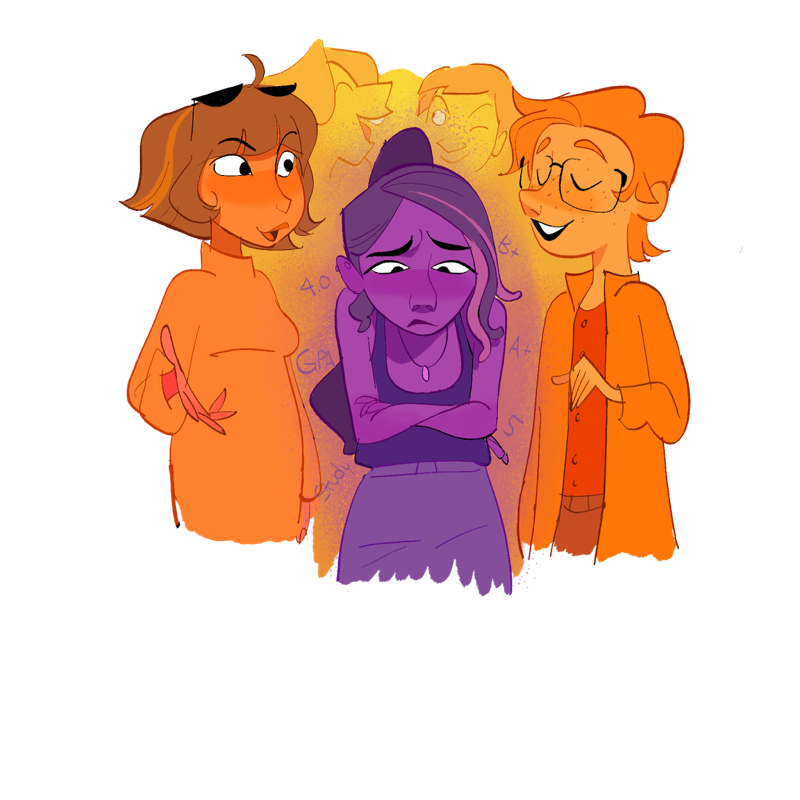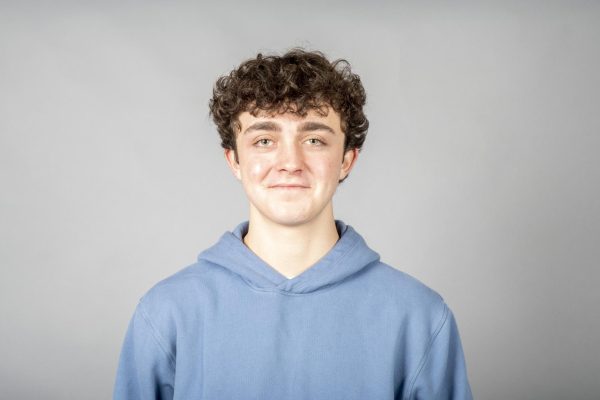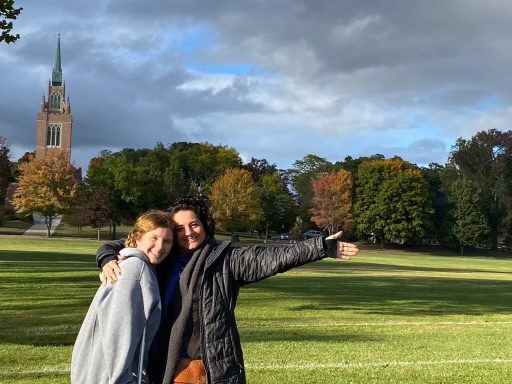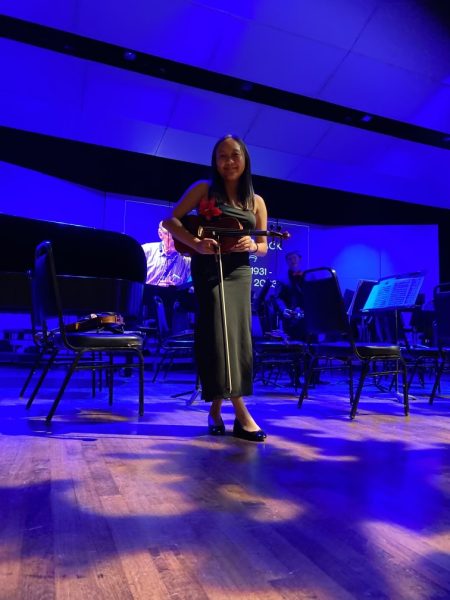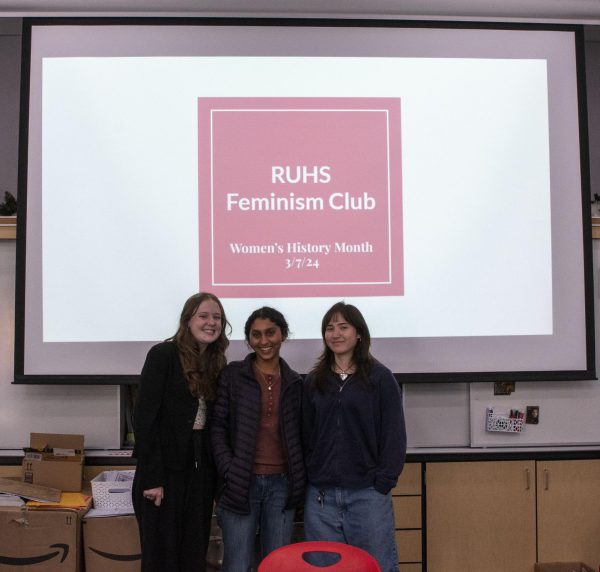Crash and Burn
In order to succeed, students feel it necessary to overwork themselves by taking many challenging courses and extracurriculars, leading many to face burnout, both academically and socially.
Staying up late. Getting up early. Learning until midnight. It seems a hidden prerequisite of honors and Advanced Placement (AP) classes is the ability to disregard a healthy sleep schedule. The pressure of academic success is a constant one for many students, and capping that off is Red Bull, coffee and college aspirations. Pushing against the pressure is students who, like many others, suffer from academic and social burn out.
Junior Madeline (MJ) Langa spends a “majority” of her time studying for and completing homework assignments for her AP classes. She finds that the course load rather than rigor heavily contributes to the stress she feels from school. Comparably, a survey in 2017 by the American Psychological Association reported that 83% of high school students identify a major source of stress as school.
“I want to go to a good college, and I was told that [to do so] I should take APs. At the start of the year a few of my classes, like Art History and US History, I found genuine interest in, but there is so much information, at some point you want it to slow down but it doesn’t, so I get tired of learning new stuff,” Langa said.
Discussing the impact of academics on her social life, Langa shared that her in-class performance affects her social life.
“After a big test that I don’t feel like I did well on, even if I can go out, I would choose not to because of the stress and the feeling that I shouldn’t be having a good time if I did bad in school,” Langa said.
However, Langa believes the pressure from herself and parents who have “high standards” are not necessarily negative, as it pushes her to do well in her classes. She also derives motivation from her sibling’s academic success, believing that if they can excel in high-level courses, so can she.
“The hardest part of classes is studying for big tests on things you’re not interested in,” Langa said. “Like in history, I’ll spend hours studying and I like that because the content fascinates me and it’s pretty easy to organize my thoughts. But, when I spend time studying for my STEM classes like biology or calculus, I just genuinely don’t enjoy the content.”
Furthermore, Langa finds that romanticizing studying helps portray it as “difficult” in her mind, allowing her to find some fun in a process that isn’t otherwise. Rather than sitting at a desk, she’ll spend time going to a cafe for motivation to work longer and without the “strenuous” feeling of locking oneself in their room at midnight.
“I’ll try to give time to myself, like reading books on subjects that might appear in class, but I like reading so it doesn’t feel like I’m studying, even if maybe it is for AP Lang in a roundabout way,” Langa said. “I try to maximize my time and also incorporate my interests into what I do.”
Senior Amelia Lu doesn’t stoically stroll by the stress of her classes; she uses deep breaths—a minimum of three—as a temporary relief to her nerves. And, according to Harvard Medical School, breath focus is an efficient method to gently disengage the mind from stressful thoughts. Lu also places emphasis on doing activities she enjoys to combat stress: reading, calling her friends, listening to music or playing the piano.
“Last year was really tough for me. I was up until like three or four in the morning, and it was just not sustainable. So this year, I’ve been trying to be better about it. You have to prioritize yourself mentally,” Lu said.
Lu likes the challenges of advanced classes and credits her and her classmates’ shared struggle in class to creating a supportive community of students—a camaraderie that motivates Lu. This is a factor that, according to the Department of Education, is an “integral aspect of academic motivation in students.” Lu simultaneously balances her course rigor while also being president of Cooking Club, a Girl Scout of America and playing piano in the pit for Theater Arts production of “Les Misérables” in April.
“I’m always really tired. I’m really tired right now. And that’s just the result of doing so many things at once and also, not being very good at managing my time,” Lu said. “But, you’ve got to do what you’ve got to do to get good grades. I do make time to hang out with friends who are in the same boat as me. We all support each other.”
Lu recently committed to the University of California, Santa Barbara, and finds that now that she’s at the other end of college decisions, she is “glad” to have taken classes for interest and not solely a GPA boost. However, senioritis has impacted her motivation to study as she already has one foot out the door to college.
“It’s so hard to get myself to care. I had three tests today and the studying was very minimal. I have a constant war between wanting to do well and also just being tired,” Lu said. “But I try to push myself because even though it’s hard, I remind myself it’s not all about the test or the grade. I try to find little things I can learn from classes.”
Sophomore Kaden McGoldrick pushes his academic envelope because he trusts himself to handle the intensity while still balancing his other time commitments, such as competitive swimming for Swim Torrance. McGoldrick considers himself a “nerd” and aspires to attend medical school and become a surgeon in the future. So, taking rigor came as a necessity of “wanting to go places.”
“Before we started preparing for the AP exam [for AP European History], there were [study guide questions] to do all the time. And that’s on the weekend, every weekend,” McGoldrick said. “And, there’s always a chemistry lab to do. Like just last weekend, I spent Saturday doing a chemistry lab and Sunday studying for Euro and doing schoolwork.”
McGoldrick counterbalances the tension of academics by seeing his friends on his swim team at practice and participating in other athletics. Studies by both the National Health Institute and Harvard Medical School report that regularly exercising is associated with reduced stress and lowers levels of stress hormones, such as adrenaline and cortisol.
“When I’m mentally exhausted or stressed, I physically exhausted myself and that helps me focus my energy somewhere else. I’m not sure why that works. It seems like a bad idea, but it works for me,” McGoldrick said. “I go to the gym and I work myself so that I’m passing out or I go for a run or to the pool.”
Although McGoldrick “feels” the burnout encroaching on him, he thinks it beneficial to his productivity that he doesn’t have enough personal time to spend playing video games rather than school work.
“I come home from practice at around six o’clock at night, and then spend a few hours on work, eat dinner and go to bed,” McGoldrick said. “I suppose a lot of people procrastinate, and I do sometimes, but I’m usually pretty good about getting work done.”
Many students continue to suffer academic and social burnout as a result of the overworking commonly associated with demanding course loads as well as the massive consumption of time associated with them. However, individuals like Lu choose to focus on what they’ve gained from their education and how it will bear fruit in the future.
“Don’t do things for the grade or to get into college or because you think it will help you get ahead,” Lu said. “I’ve learned that you should choose things that you’re genuinely interested in and make you happy.”



